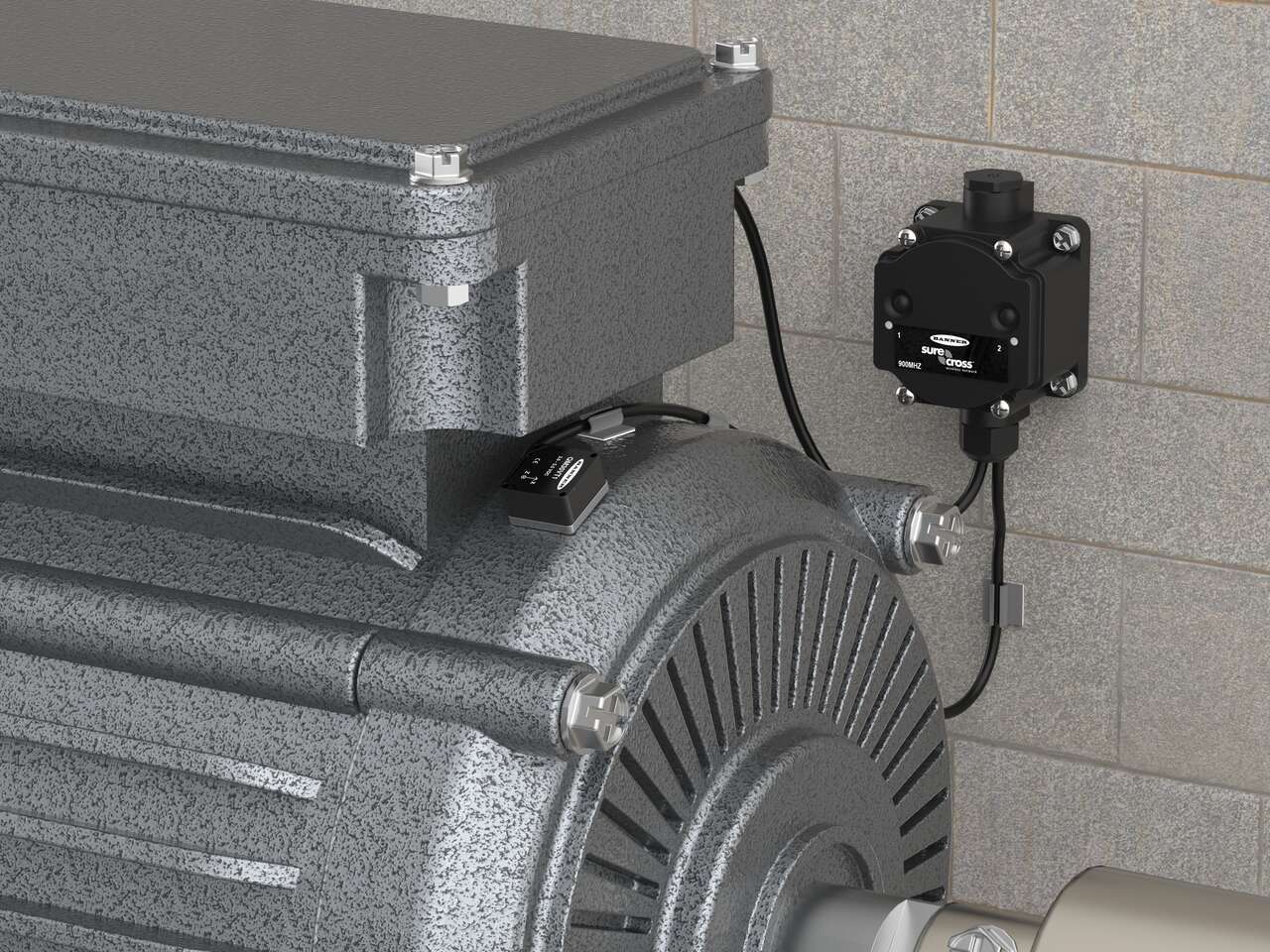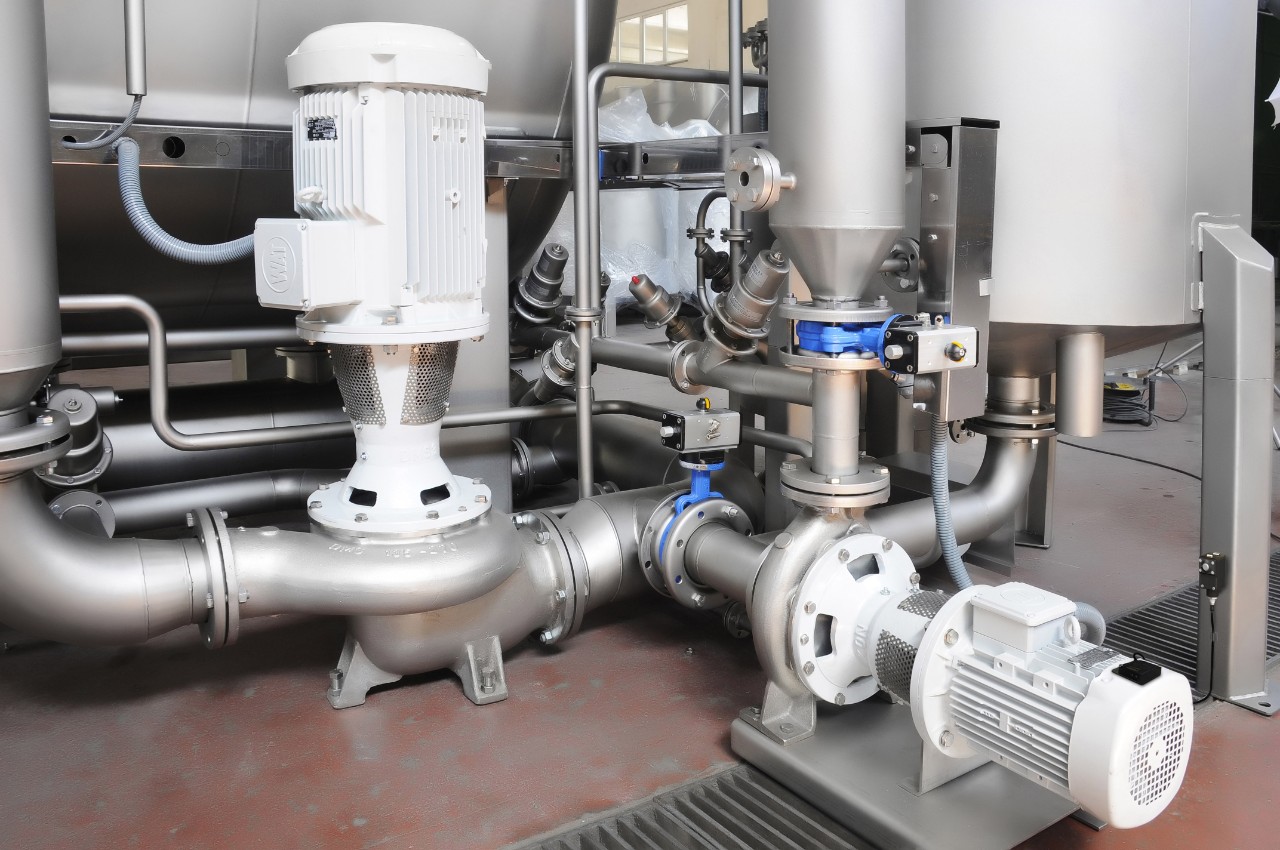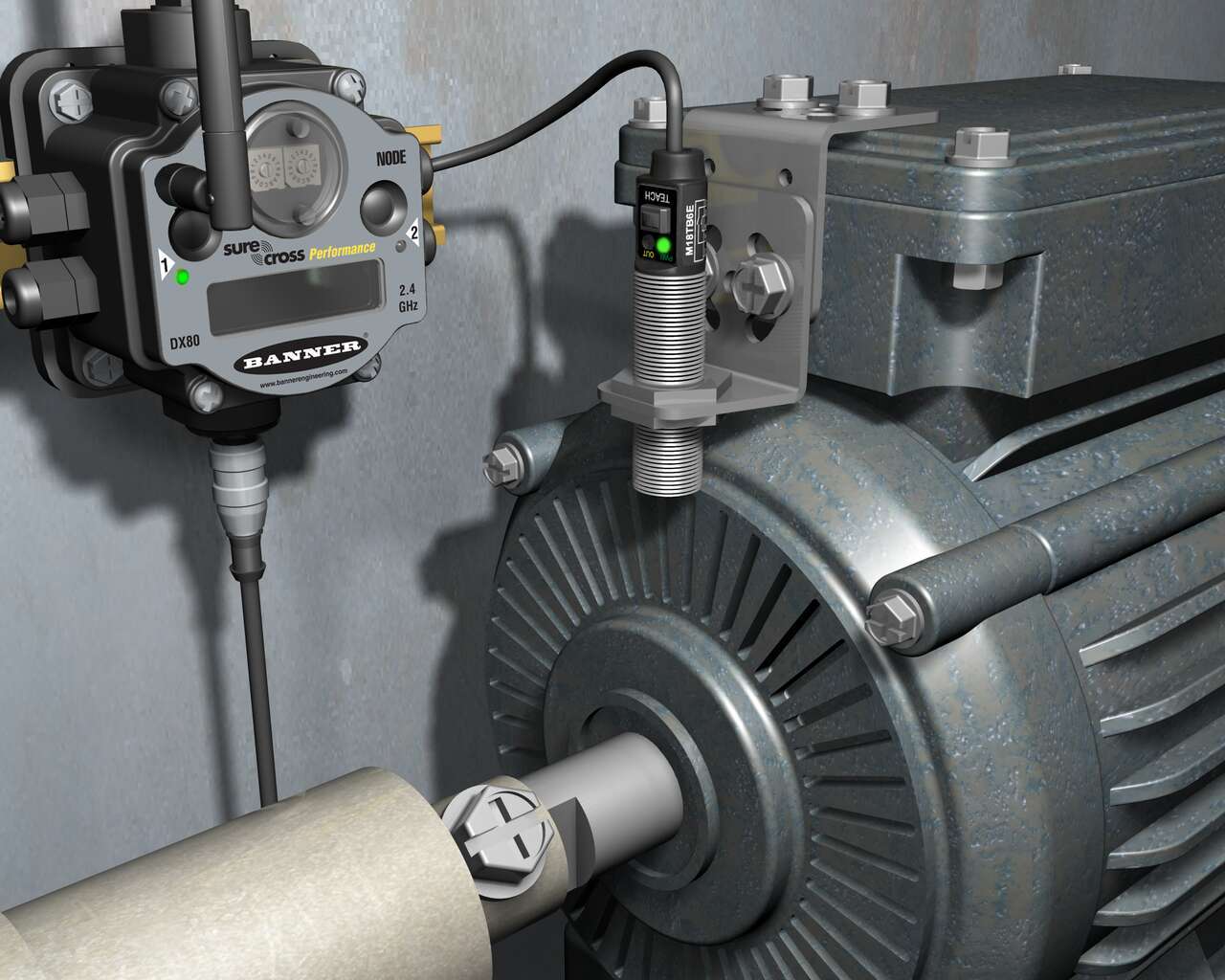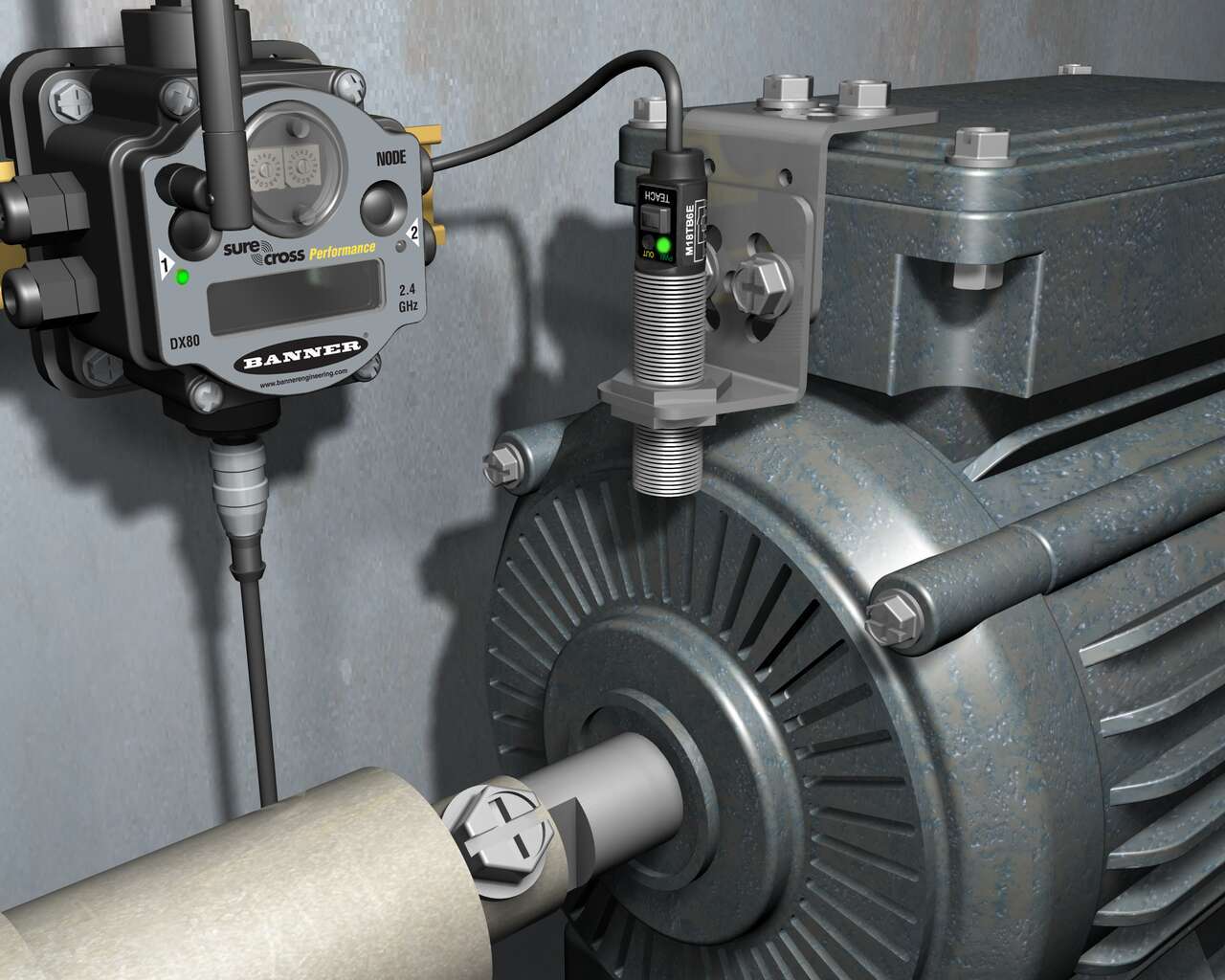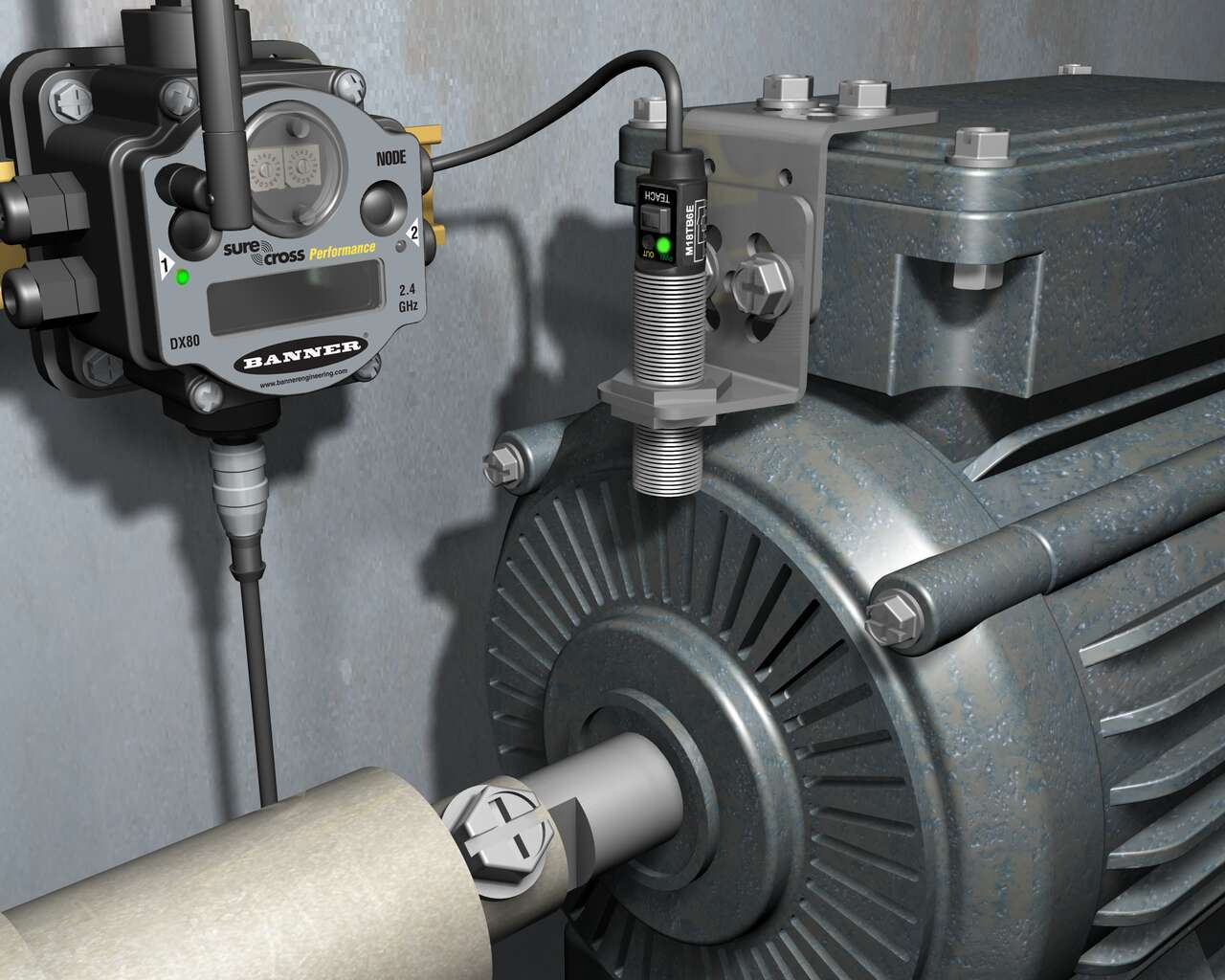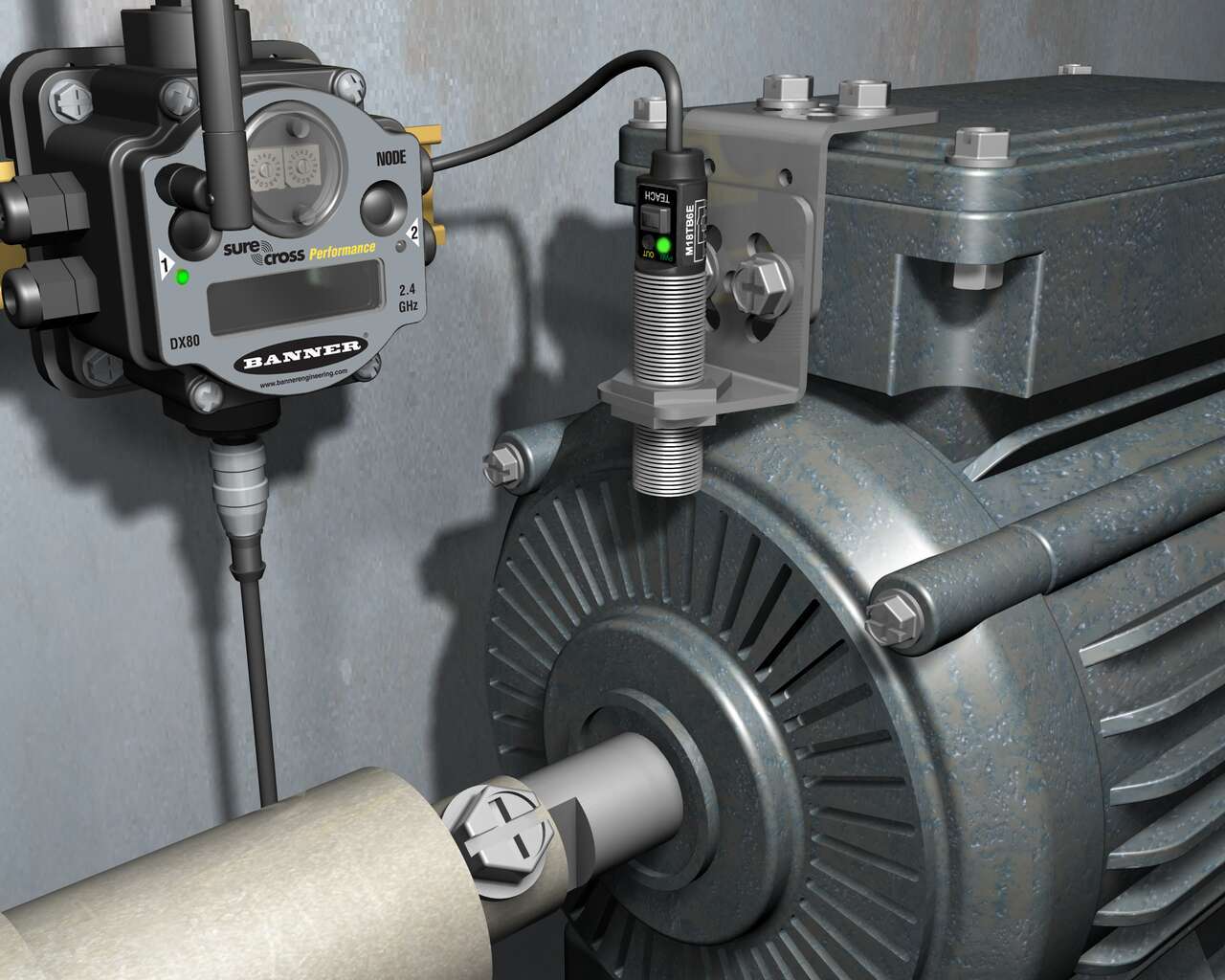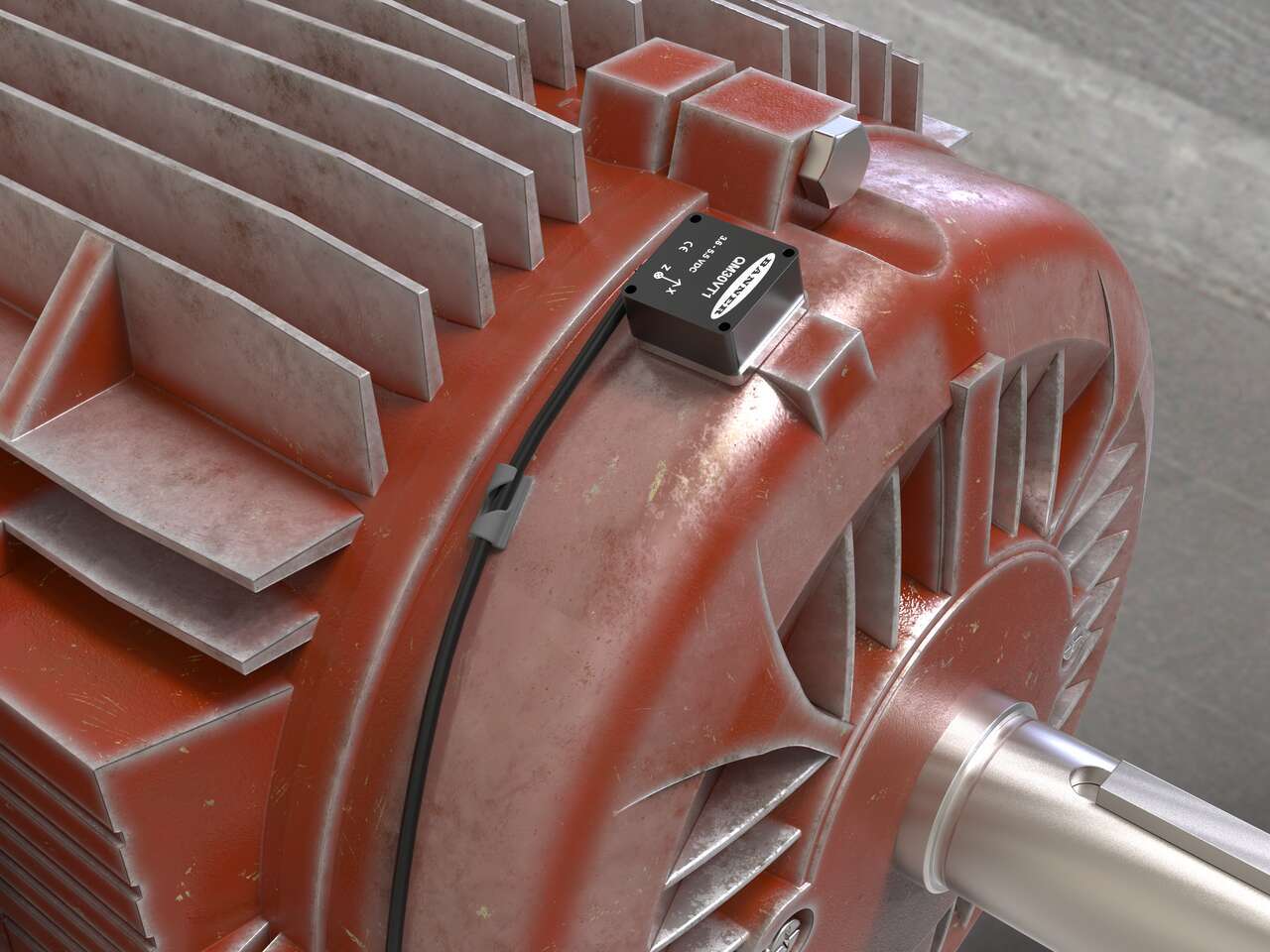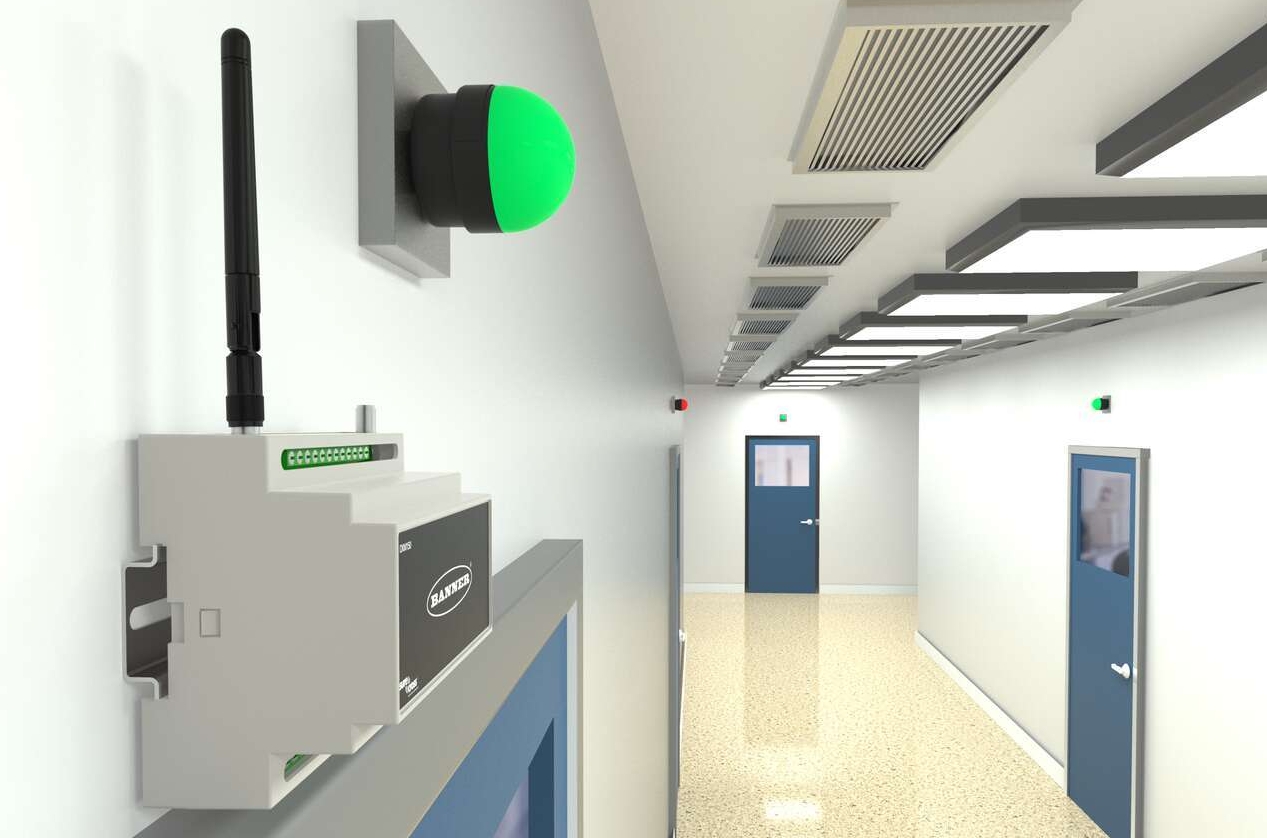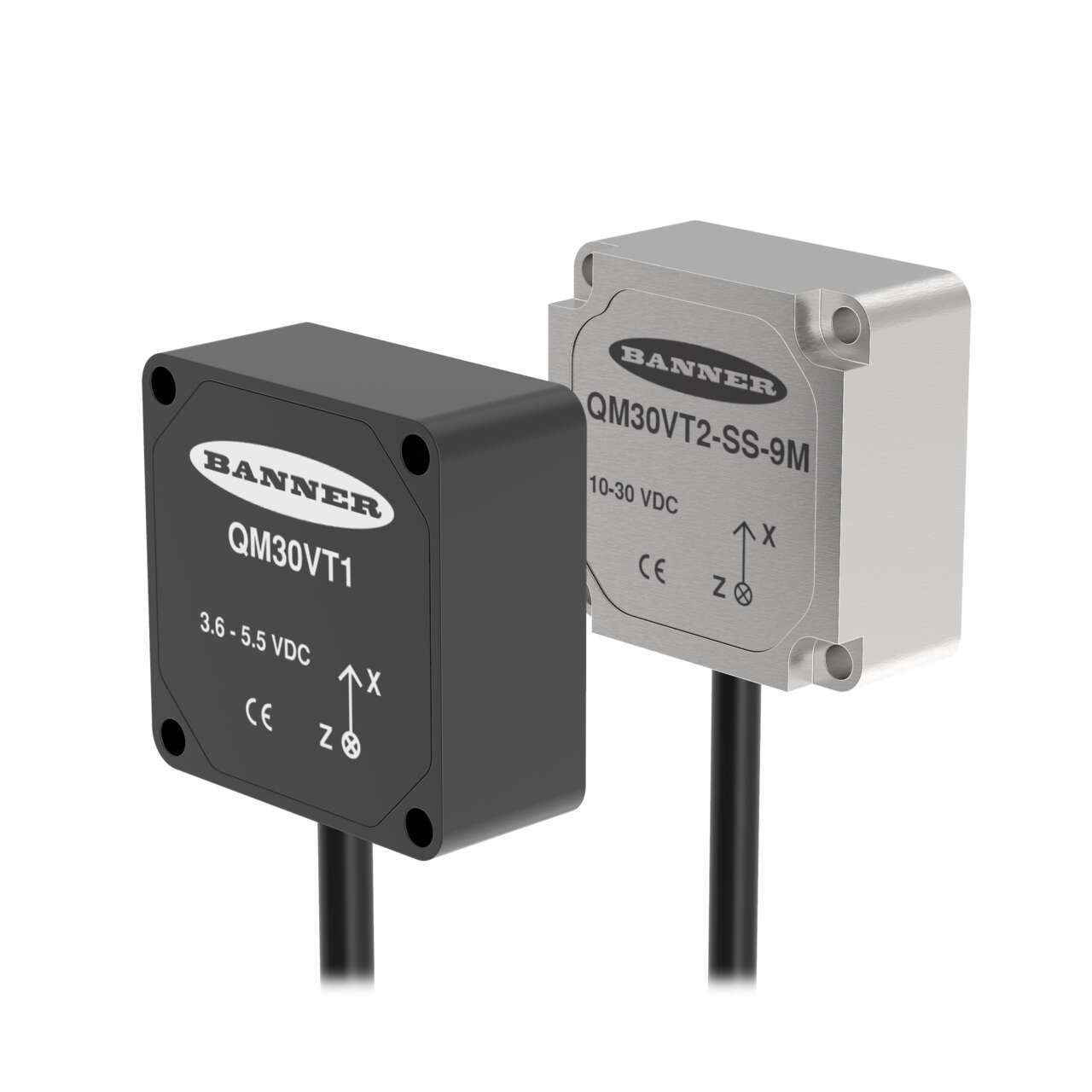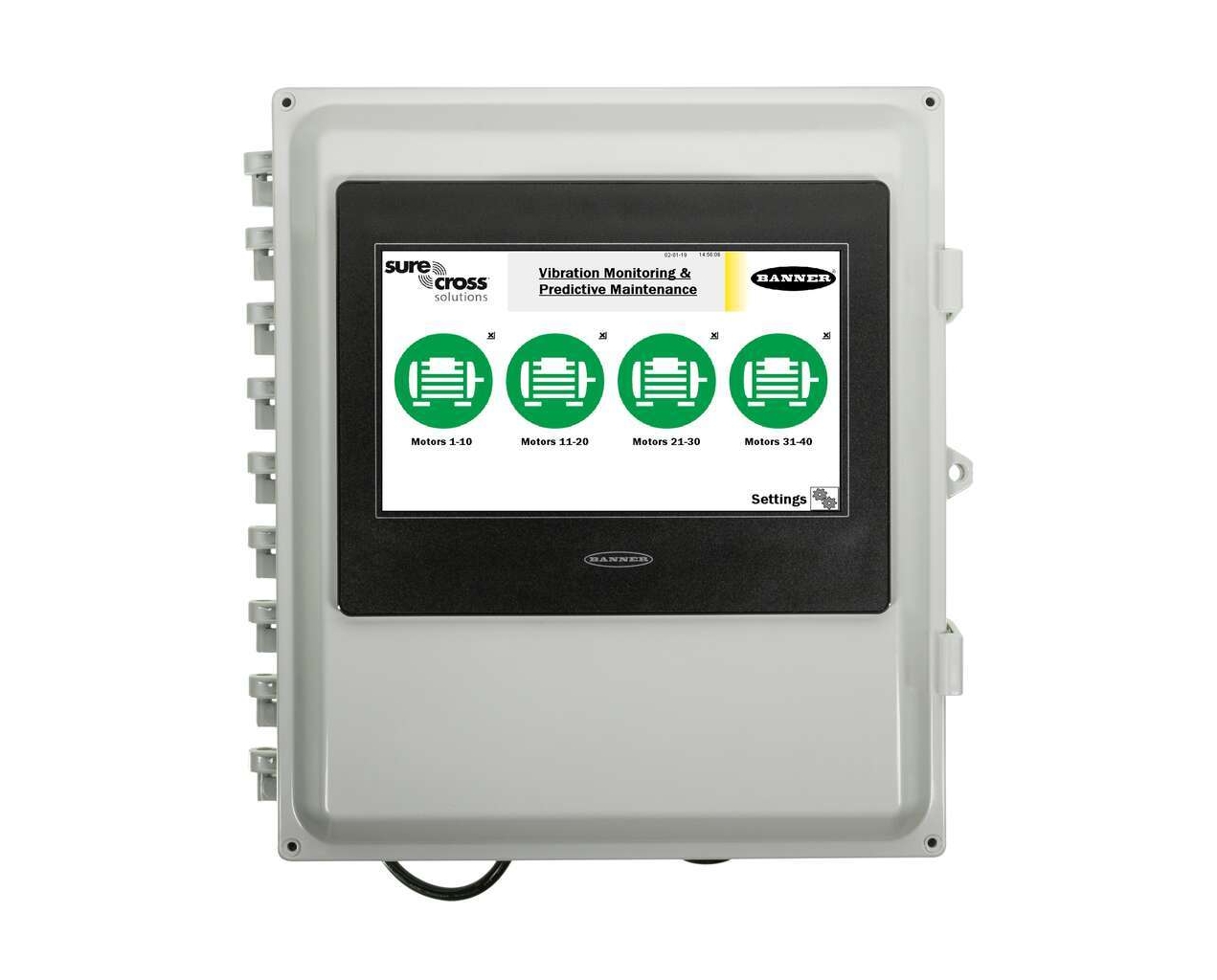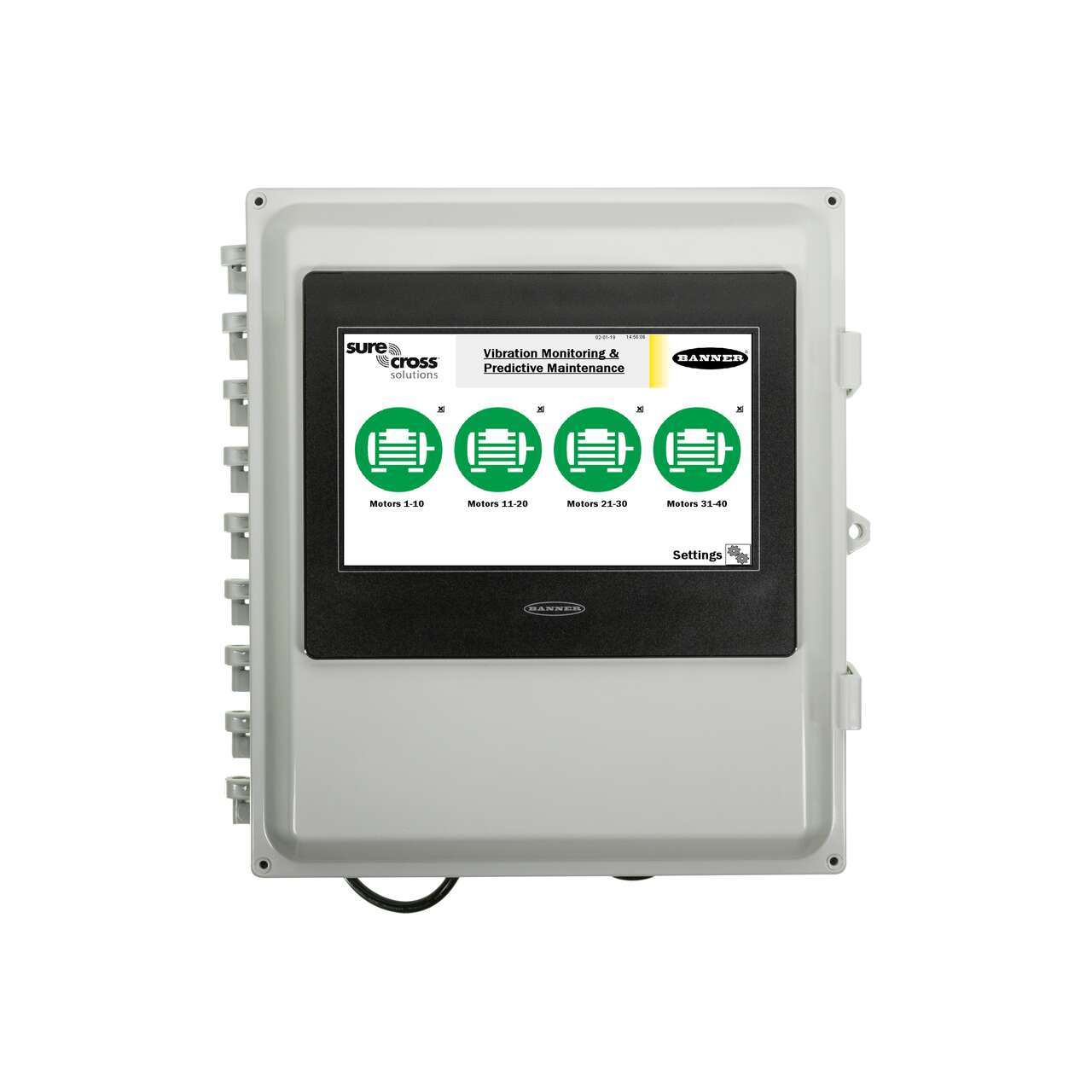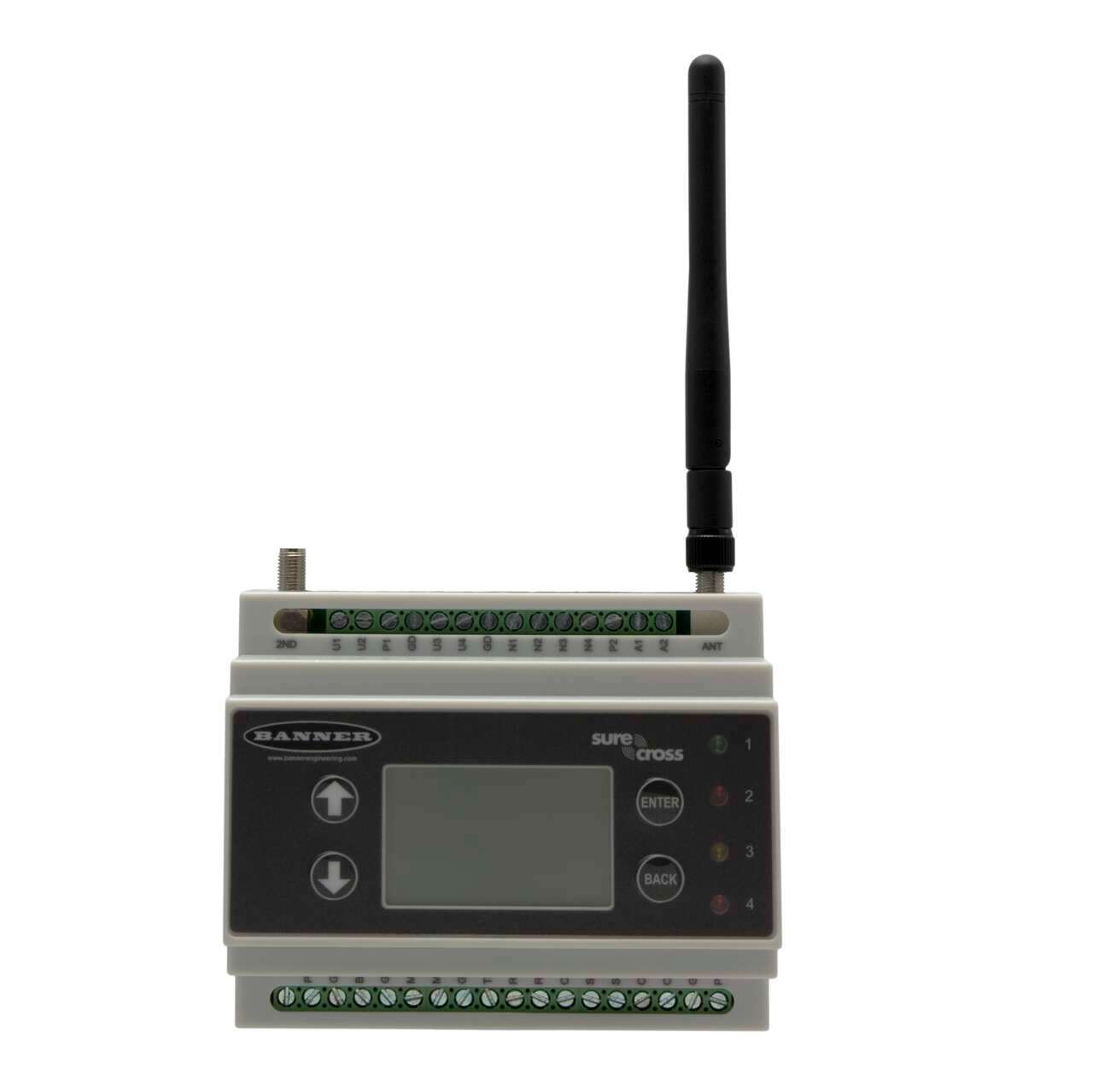Predictive Maintenance and Condition Monitoring
Maintenance Based on Data from the Machine Itself
Predictive maintenance is becoming essential to the smart factory. Predictive maintenance enables users to more accurately anticipate when machine maintenance will be needed based on real-time data from the machines themselves.
The ability to accurately track machine performance and anticipate failures before they occur is helping manufacturers improve productivity and reduce wasted time and costs.
What It Is and Why It Matters
Predictive maintenance is the process of tracking the performance of crucial machine components, such as motors, to minimize downtime needed for repairs. Predictive maintenance enables users to more accurately anticipate when machine maintenance will be needed based on real-time data from the machines themselves.
Traditionally, plant managers relied on preventative maintenance schedules provided by a machine’s manufacturer, including regularly replacing machine components on a suggested timeline. However, these timelines are only estimates of when the machine will require service, and the actual use of the machine can greatly affect the reliability of these estimates.
For example, if bearings wear prematurely or a motor overheats, a machine may require service sooner than anticipated. Furthermore, if a problem goes undetected for too long, the issue could escalate to further damage the machine and lead to costly unplanned downtime. Predictive maintenance helps avoid these problems, saving time and costs.
Vibration & Temperature Indicate Machine Health
Condition monitoring plays a key role in predictive maintenance by allowing users to identify critical changes in machine performance. One important condition to monitor is vibration. Machine vibration is often caused by imbalanced, misaligned, loose, or worn parts.
As vibration increases, so can damage to the machine. By monitoring motors, pumps, compressors, fans, blowers, and gearboxes for increases in vibration, problems can be detected before they become severe and result in unplanned downtime.
Vibration sensors typically measure RMS velocity, which provides the most uniform measurement of vibration over a wide range of machine frequencies and is indicative of overall machine health. Another key data point is temperature change (i.e. overheating).
Automatically Set Baseline & Alert Thresholds
Machine learning takes condition monitoring data and automatically defines a machine's baseline conditions and sets thresholds for acute and chronic conditions so that you know in advance--and with confidence--when your machine will require maintenance.
After mounting the vibration sensor onto your machine, most sensors require you to collect enough data to establish a baseline for the machine. Machine learning removes the chances of human error by automating the data analysis.
A condition monitoring solution with machine learning will recognize the machine’s unique baseline of vibration and temperature levels and automatically set warning and alert thresholds at the appropriate points. This makes the condition monitoring system more reliable and less dependent on error-prone manual calculations.
Real Time Alerts, Long Term Optimization
When a vibration or temperature threhold has been exceeded, a smart condition monitoring system provides both local indication, such as sending a signal to a tower light in a central location, and remote alerts like emails or text messages. This ensures that warnings are addressed quickly.
In addition, a condition monitoring solution that allows you to log the collected data over time enables even more optimization. With a wireless system, vibration and temperature data can be sent to a wireless controller or programmable logic controller (PLC) for in-depth, long-term analysis.
Vibration and Temperature Sensor
Los sensores de la serie QM30VT tienen un diseño de perfil bajo y una construcción de metal rígido que reduce la interferencia resonante y aumenta el contacto de la superficie, lo que permite niveles excepcionales de precisión en la medición de velocidad y temperatura RMS. Son capaces de detectar incluso ligeros aumentos en la vibración y la temperatura de la máquina para la identificación temprana de posibles problemas.
- Comunica datos de rendimiento mediante una radio Modbus MultiHop o un nodo serie de 1 cable a un controlador inalámbrico o gateway de la serie DXM
- Detecta problemas potenciales en motores, ventiladores, bombas y cualquier máquina con movimiento giratorio o vibración.
- El diseño ultracompacto cabe fácilmente en espacios pequeños
- Disponible en modelos con carcasa de acero inoxidable 316L o carcasa de aluminio resistente
- Totalmente compatible con el software Connected Data Solutions y el Kit de Soluciones Inalámbricas para Vibración y Temperatura
For Vibration Monitoring
Los kits de soluciones inalámbricas son soluciones completamente integradas y fáciles de usar para monitorear activos y resolver aplicaciones específicas. Están diseñados para facilitar a los usuarios de cualquier nivel de experiencia configurar una red inalámbrica, recopilar datos remotos y crear herramientas de visualización, advertencias y alarmas.
- No se requiere programación. Enchufa la caja, une los nodos a través de la pantalla HMI, instala los sensores y nodos y comienza a recopilar datos
- Incluye controlador inalámbrico DXM700 preprogramado, HMI de pantalla táctil de 25,5 cm (10,1 pulgadas) preprogramado y conmutador Ethernet industrial de 5 puertos
- La HMI proporciona pantallas gráficas de datos recopilados, líneas de base, umbrales, advertencias y alarmas
Wireless Controller for IIoT Applications
El controlador DXM es un controlador inalámbrico industrial para facilitar la conectividad Ethernet y las aplicaciones IIoT (Internet Industrial de las Cosas).
- Los radios ISM están disponibles en 900 MHz y 2.4 GHz para las redes inalámbricas locales
- Convierte Modbus RTU a Modbus TCP/IP o Ethernet I/P
- El controlador lógico se puede programar usando reglas de acción y métodos de lenguaje de texto
- Tarjeta micro SD para el registro de datos
- Alertas por correo electrónico y mensajes SMS
- Módulo celular para conectividad a la red telefónica
